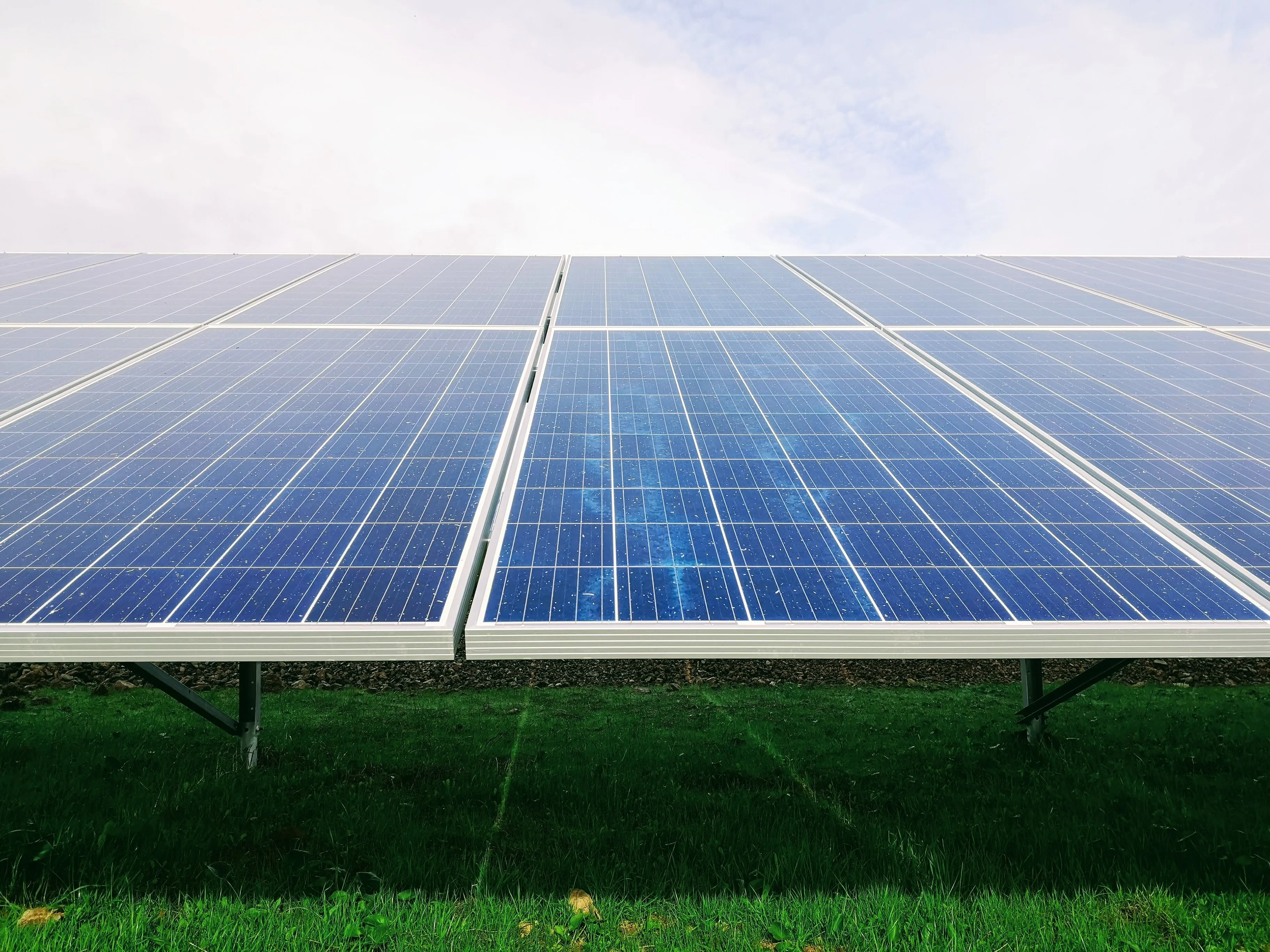Solar Power for Farms: Installation and Benefits
Step into the future of farming with 'Solar Power for Farms: Installation and Benefits' from Vriksha Farms. This essential blog post delves into sustainable farm development, highlighting the transformative role of solar energy in agriculture. Discover how solar installations can enhance farm resilience, contribute to renewable energy options, and align with agroforestry practices. Learn about the practical benefits and innovative approaches to integrating solar power into your farming operations for a more sustainable and efficient agricultural future.

Introduction
In the quest for sustainable farming, solar power has emerged as a transformative solution. Vriksha Farms, with its commitment to sustainable living and responsible agroforestry, recognizes the potential of solar energy in revolutionizing agricultural practices. This blog post delves into the benefits of solar power for farms and the key considerations for installation.
The Growing Importance of Solar Energy in Agriculture
Sustainable Energy Source
Solar power provides a clean, renewable energy source, reducing reliance on fossil fuels and minimizing the carbon footprint of farming operations.
Cost-Effectiveness
After the initial investment, solar power systems can significantly reduce energy costs over time, offering a cost-effective solution for energy needs on farms.
Solar Power Installation: Key Steps and Considerations
Assessing Energy Needs
The first step in solar power installation is assessing the farm’s energy requirements. This helps in determining the size and type of solar system needed.
Site Evaluation
Choosing the right location for solar panels is crucial. Factors such as sun exposure, shading, and space availability play a significant role in the efficiency of the solar system.
Choosing the Right System
There are various types of solar power systems available, including grid-tied, off-grid, and hybrid systems. Selecting the right one depends on the farm’s location, energy needs, and budget.
Benefits of Solar Power for Farms
Reducing Energy Bills
Solar power can significantly reduce energy bills, making it a financially viable option for farmers in the long run.
Low Maintenance and Reliability
Solar power systems require minimal maintenance and have a long lifespan, providing a reliable energy source for years.
Environmental Benefits
By harnessing solar energy, farms can reduce greenhouse gas emissions, contributing to environmental sustainability and aligning with global efforts to combat climate change.
Solar Power Incentives and Support
Government Incentives
Many governments offer incentives for solar power installation, such as tax credits, grants, or subsidies, making it more accessible for farmers.
Technical and Financial Support
Organizations and companies specializing in solar energy often provide technical support and financial advice to farmers, assisting in the installation and maintenance of solar systems.
Case Studies and Success Stories
Real-Life Examples
Case studies of farms that have successfully implemented solar power systems can provide valuable insights and inspiration for others considering this transition.
Conclusion
Solar power offers a sustainable and cost-effective solution for energy needs in agriculture. Its adoption not only supports environmental sustainability but also enhances the economic viability of farming operations. Vriksha Farms embodies this approach, integrating solar power into their managed farmland projects and paving the way for a greener future in agriculture.
